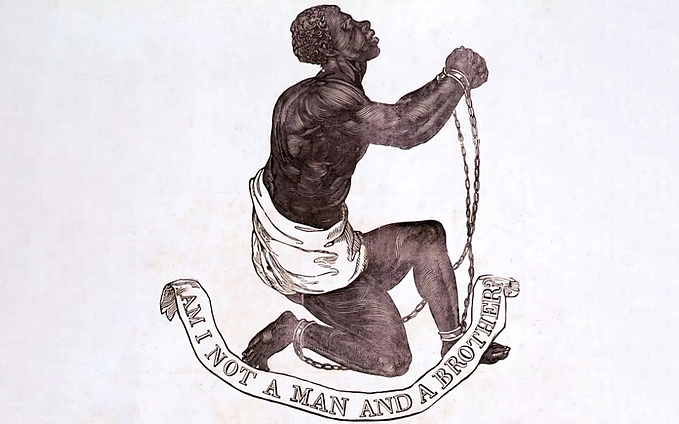Why Connection Matters

In March 2009, in the wake of the Great Recession financial crisis, economist Mark Vitner offered the Associated Press a tactile description of humanity’s inescapable interconnectedness: “It’s like trying to unscramble scrambled eggs. It just can’t be done that easily. I don’t know if it can be done at all.”
Today, when we look at the world around us, we realize that everything is even more connected than in 2009. You cannot manufacture anything, from a pencil to an airplane, without including products from half the countries in the world. And for those among us who still weren’t convinced that this is so, the Covid-19 pandemic demonstrated that infection anywhere is infection everywhere.
The solution to the deteriorating state of humanity is therefore to nurture in us affection for each other and understanding of our mutual importance. For humanity to survive, we have to shift from a technical connection to an emotional connection, to appreciating the very idea of connection. Otherwise, we will not be able to embrace the idea that we are all connected.
However, just as we are all connected, so we are all alienated, suspicious, and hateful of each other. In other words, we are inescapably connected, as Vitner pointed out, but we hate each other. The result of these unwelcome ties is endless friction, violence, and aggression to the point where our civilization is tearing at the seams. It is impossible to force people on each other if they do not want to be together. And today, the reality of our lives forces people to rely on foreign countries that are often their enemies, and tensions around the world are flaring.
Since we cannot “unscramble” the “scrambled eggs” that human society has become, our only other option is to learn to like one another. At the very least, we have to come to tolerate one another, agree to each other’s existence. Otherwise, we will fight each other to the death, and no one will win.
The solution to the deteriorating state of humanity is therefore to nurture in us affection for each other and understanding of our mutual importance. For humanity to survive, we have to shift from a technical connection to an emotional connection, to appreciating the very idea of connection. Otherwise, we will not be able to embrace the idea that we are all connected.
That is, we needn’t work on increasing our connection; we have plenty of this already. Instead, we need to work on increasing our desire to connect! We need to come to recognize the huge benefits of connection.
In fact, the term “connection” may sound a bit obscure. But if you think of connection as affinity, affection, and even love, the task before us becomes clearer. Now we can realize how far we are from it, how much work we have to do, and why it is so vital that we succeed in building warm and positive connections. Currently, we are like sworn enemies being forced to share a room. Can anything good come out of it? It is no wonder we are sitting on a time bomb.
The only way to disarm the bomb is to disintegrate the gunpowder — the hatred. The mixture is there; we can’t “unmix” ourselves, but we can and must teach ourselves to see each other’s beauty and contribution to society. If we understand how much each of us contributes, and why it is necessary that we should all be different, since what one contributes, none other can, we will welcome the changes between us, appreciate them, and be grateful to those who are different from us, precisely for being different from us!
When a mother loves her child, we needn’t ask if she is connected to her child; it is a given. This, eventually, is how we must come to be. It will not happen overnight, but it is enough that we begin to work on it to prevent the looming cataclysm that is headed toward humanity.









